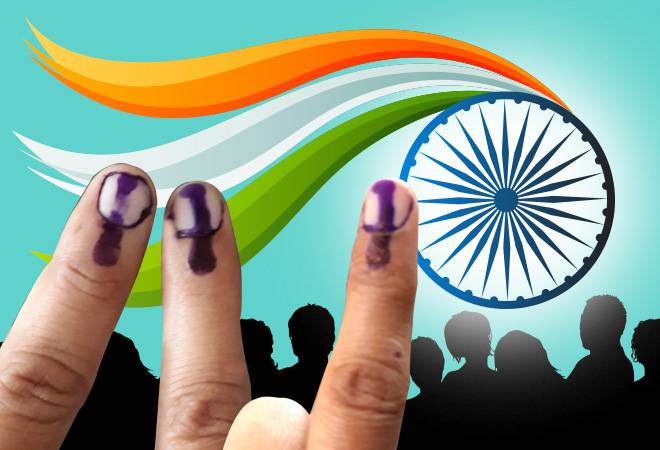Had the 2024 Lok Sabha election results gone the way predicted by some of the more erroneous exit polls and the BJP garnered close to 400 seats, editorials would have come out in the New York Times, the Guardian and other publications united in dislike of Modi 2.0 about how “democracy was being suffocated” in India. If some friends in Washington and London are to be believed, once the exit polls came out with many forecasting a BJP sweep, such editorials had already been prepared, ready for publication on 5 June, the day after the Lok Sabha tallies came out of the EVMs. Advance phone calls were made to Indian expats and others who had for years claimed that democracy was either finished or was in the process of being finished in India.
Part of the Anyone but Modi (ABM) crowd of commentators, they had been predicting for almost a decade that Prime Minister Modi was an authoritarian who had taken control of every institution in the country and had bent it to ensure that he remained in power. If friends in the Sussex countryside in the UK are to be believed, during their sojourns in that country, several ABM politicians from India had said that “democracy was finished” in India, that there was no hope of a free and fair poll anywhere in India. Among other visitors, one of the members of a distinguished political family who was in the Opposition had made such remarks casting doubt on the fairness of elections to friends in the UK just before Assembly polls in Karnataka were announced. It turned out that in what had been declared to be a fixed match, the Congress Party trounced the BJP. When the politician was questioned by friends about such a result, the response was that such an upset loss for the BJP was only for the state “to show EVMs are accurate when in fact they are fixed”. In the national polls, it was claimed, the BJP would rig the results “in order to come back with a tally much bigger than 2019”. Exit polls seemed to vindicate the politician’s stand, including that EVMs were being manipulated to engineer results desired by the BJP.
Where EVMs are concerned, it was Dr Anupam Saraph and this columnist who located suspicious results in some of the EVM tallies during the 2009 Lok Sabha polls. They not just wrote about it online but brought their research to the attention of several policymakers. Others joined in the examination by Dr Saraph and this columnist of aspects of the functioning of EVMs. As a consequence, changes were made in the way EVMs worked, such as Voter Verification (VVPAT), that ensured that EVMs could be counted upon to give an accurate verdict. Something that was reflected on 4 June, when the BJP tally slipped by over sixty seats while the Congress Party almost doubled its seat tally in the Lok Sabha. Is it the conclusion of the politicians casting doubt about the health of democracy in India that the BJP proved their public prognostications of fixed polls accurate and rigged the 2024 national polls, and earlier the Karnataka state Assembly polls, so that it suffered major losses in the first and lost power to the Congress Party in the second?
It is the voter who has the final say, and the voter has spoken. Which is why whenever this columnist was asked about his forecast of the way the 2024 polls would go, his reply was that this would be clear only on 4 June, when results were announced. As matters stand, the NDA has enough seats to ensure a stable government, but not enough to unilaterally take measures that involve more than a simple majority in the Lok Sabha. Messaging by the I.N.D.I Alliance was expertly carried out. Key voting blocs were given information about what the BJP would do should it win big, information that had no basis in reality, such as that a huge majority by the NDA would result in the removal of reservation for some key voting blocs, or that the I.N.D.I Alliance would give a government job to every youth, a fiscally impossible task. It is clear that the effort of the ABM group would be to try and tarnish the name and credibility of the NDA, while at the same time seeking to ensure through changes in alliances that it loses its majority. We are witnessing the noise, heated language and the dust of true and false information, or in other words, the ambient noise of the democracy that India is.

